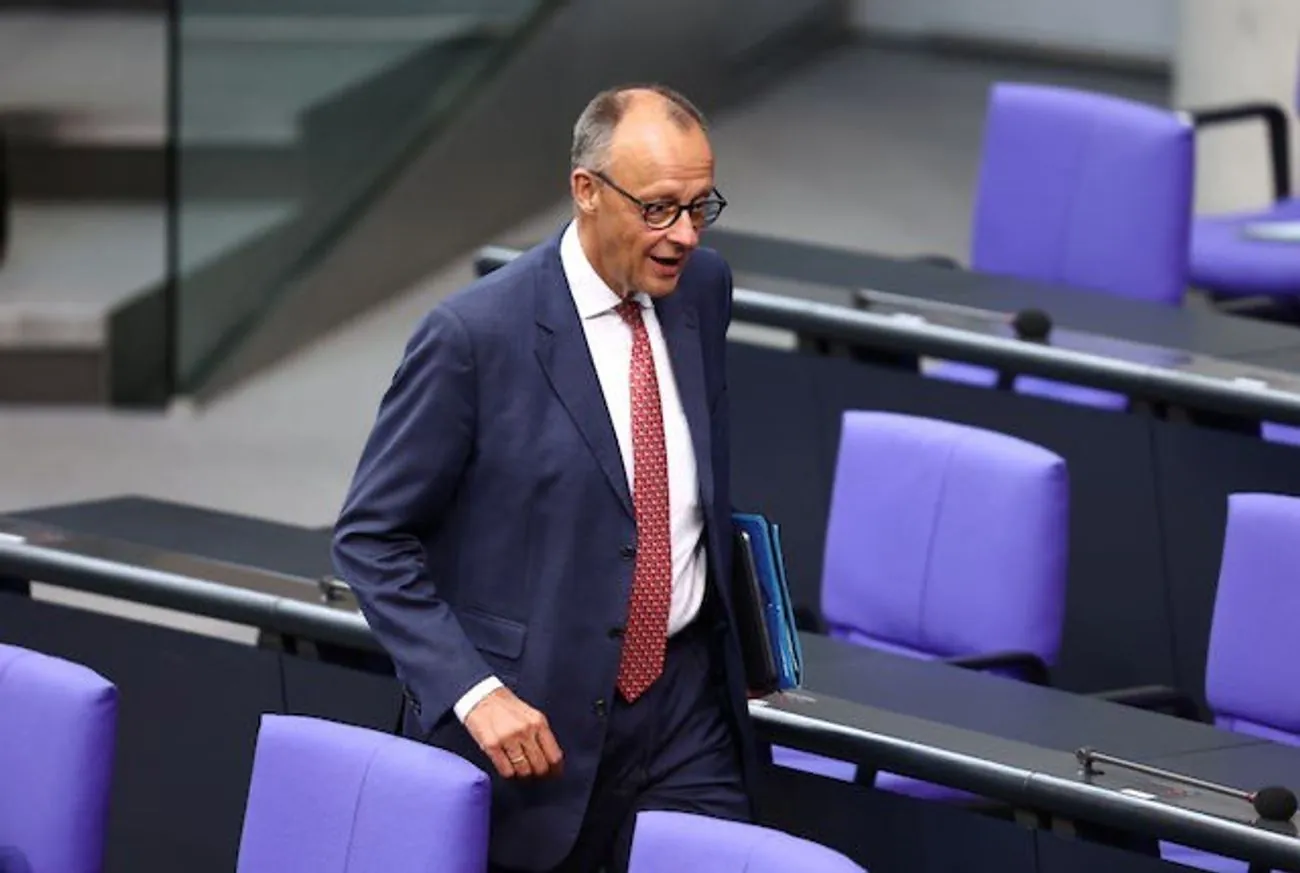“Merz supported a “reparation loan” to Ukraine for 140 billion euros: on what termsEuropean partners are ready to provide Ukraine with an interest-free loan of almost 140 billion euros, which will be repaid only
after Russia compensates for the damages. The funds are intended exclusively for Ukraine’s military purposes and will ensure its
defense capability for several years.
”, — write: unn.ua
A viable solution must now be developed, through which – without interfering with property rights – we can provide Ukraine with an interest-free loan totaling almost 140 billion euros. This loan will only be repaid after Russia compensates Ukraine for the damage it caused during this war. Until then, Russian assets will remain frozen, as decided by the European Council.
He reminded that Germany continues to be cautious about the idea of confiscating the assets of Russia’s central bank. This is particularly due to the risks to the euro as a reserve currency.
Germany has been and remains cautious on the issue of confiscating the assets of the Russian central bank frozen in Europe, and not without reason. There are not only international legal issues to consider, but also fundamental questions about the role of the euro as a global reserve currency. But this should not deter us: we must consider how, by circumventing these problems, we can make these funds available to defend Ukraine.
European Commission continues to work on a “reparation loan” but opposes the seizure of 200 billion euros from Russian assets – Euractiv25.09.25, 17:07 • 2646 views
According to the German Chancellor, the funds provided will ensure Ukraine’s defense capability for several years.
The funds mobilized in this way will ensure Ukraine’s defense capability for several years. I will discuss this proposal with the European heads of state and government at our meeting in Copenhagen next Wednesday. I propose that at the European Council meeting at the end of October we give a mandate to prepare this instrument in a legally secure manner.
He also emphasized that Ukraine should use these funds only for military purposes.
For Germany, it is important that these additional funds are used exclusively to finance Ukraine’s military equipment, and not for general budget purposes. Payments should be made in installments. Member states and Ukraine will jointly determine what materials will be purchased.
AdditionAs Politico wrote, Brussels has gained an influential ally in the controversial initiative to transfer billions of euros of frozen Russian state assets to Ukraine.
A senior German official told the publication that Berlin is open to “new, legally sound” plans to use 172 billion euros of frozen Russian funds to support Ukraine’s military efforts, referring to the European Commission’s idea.
